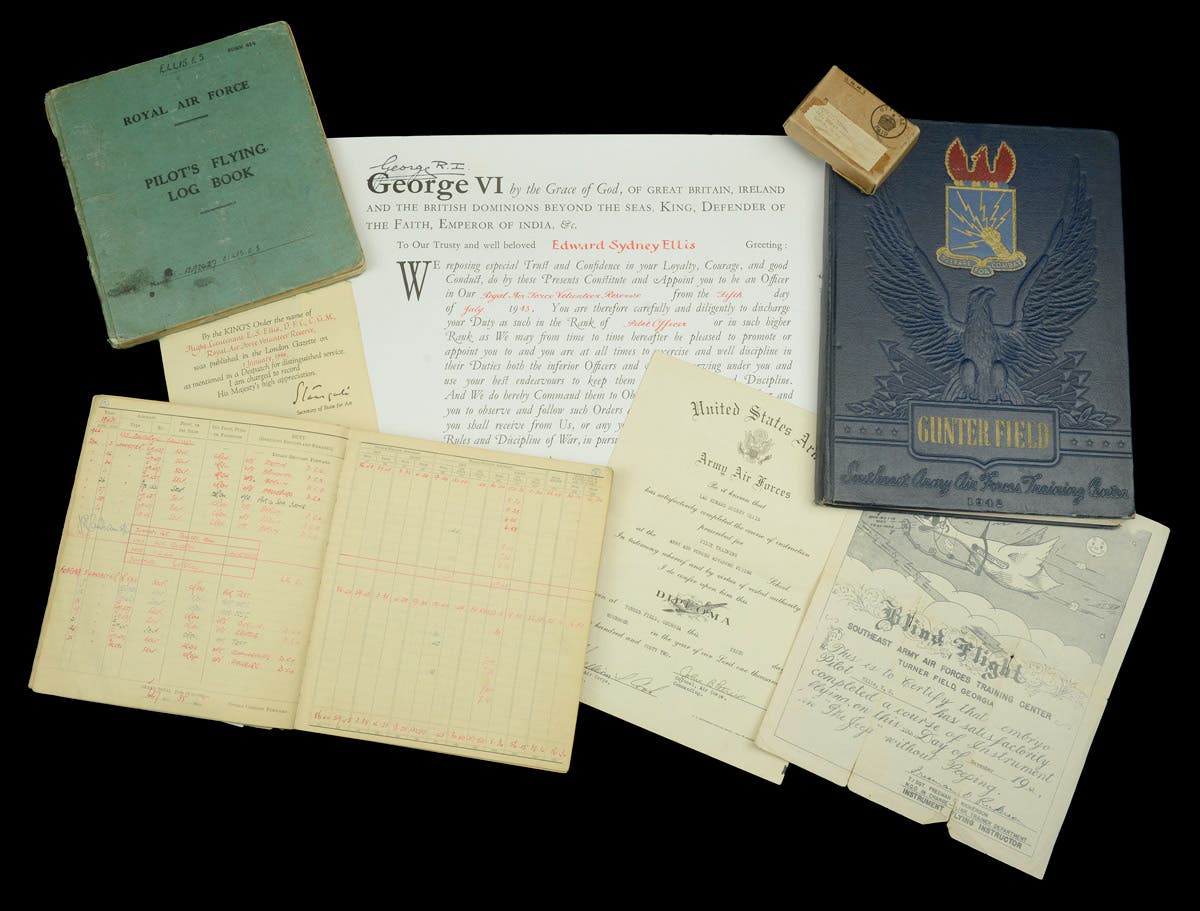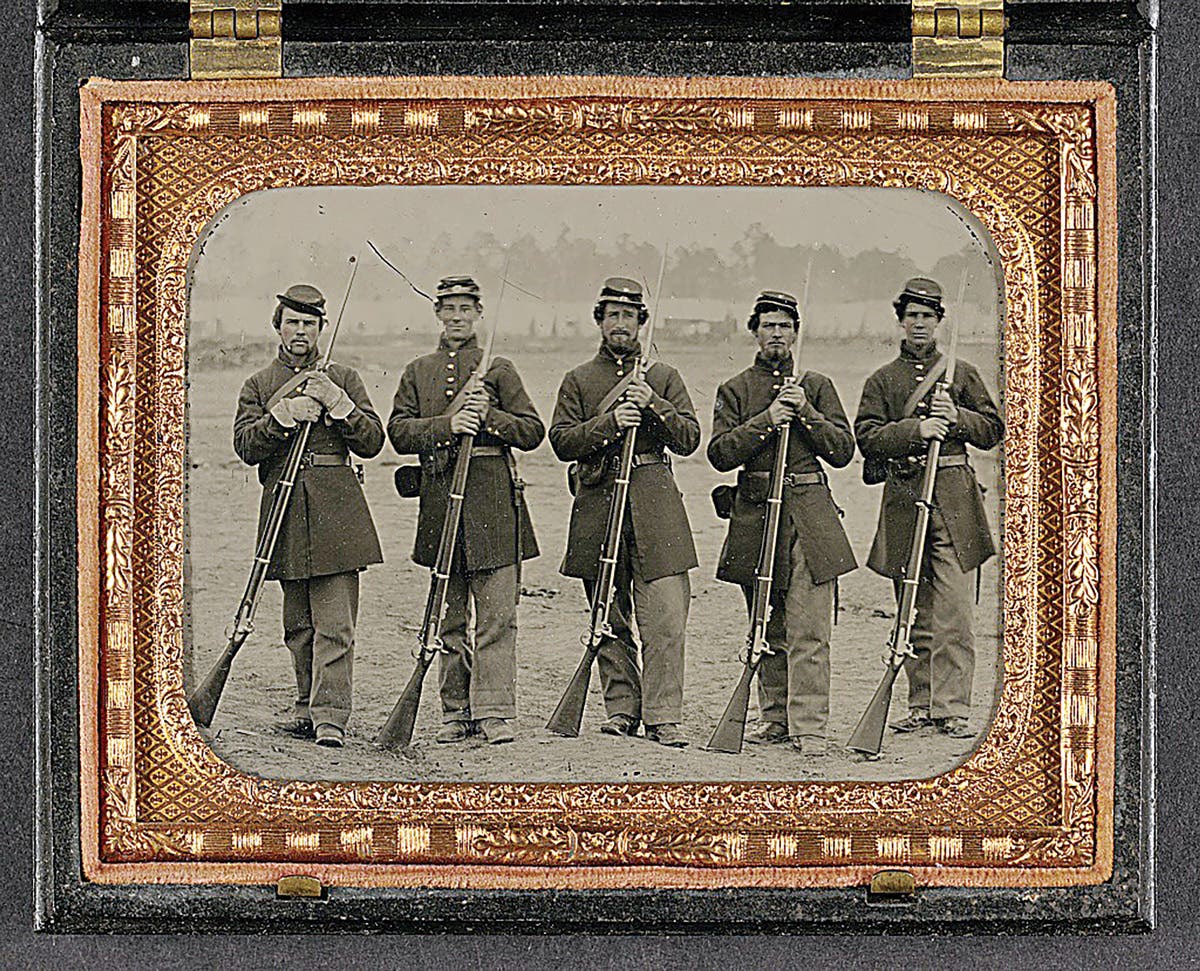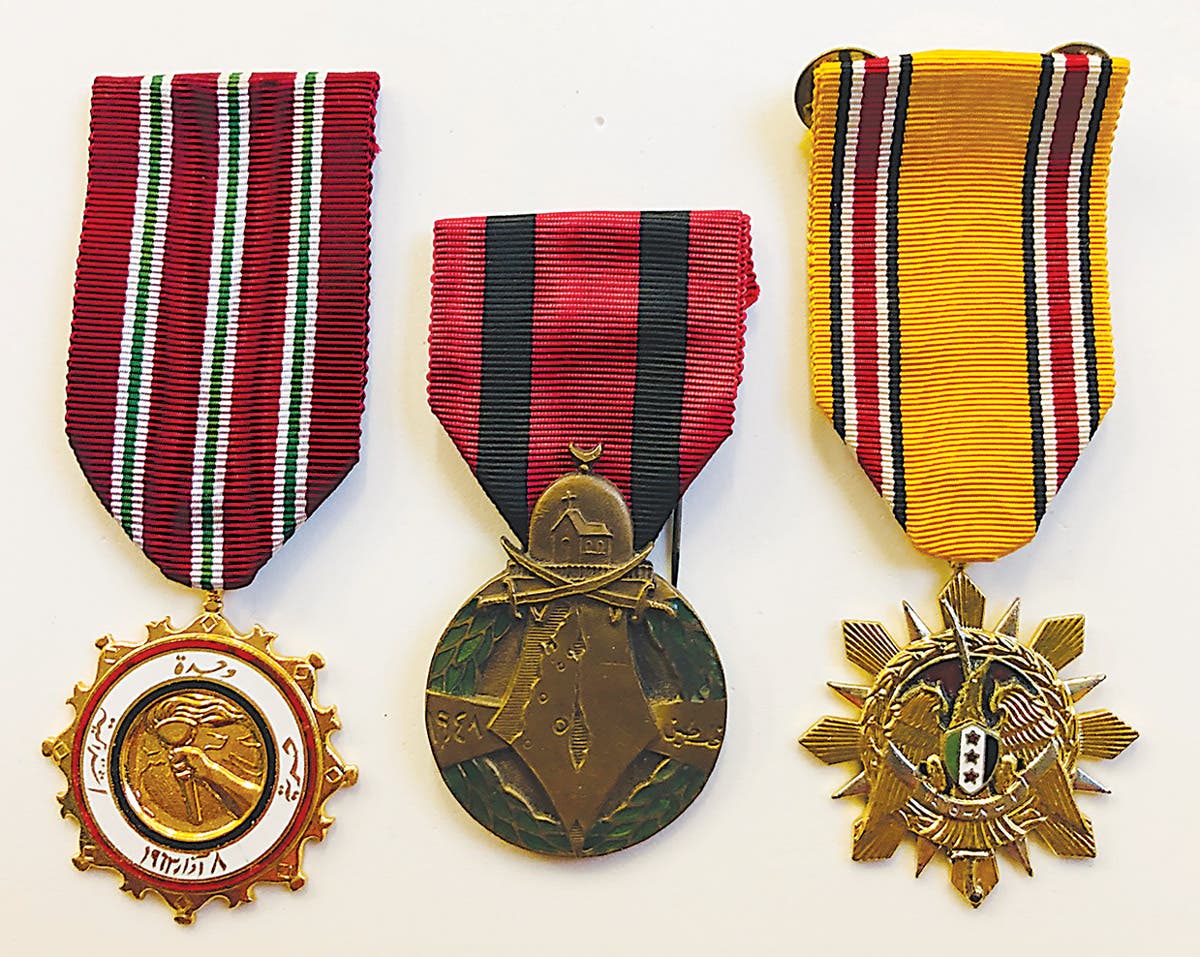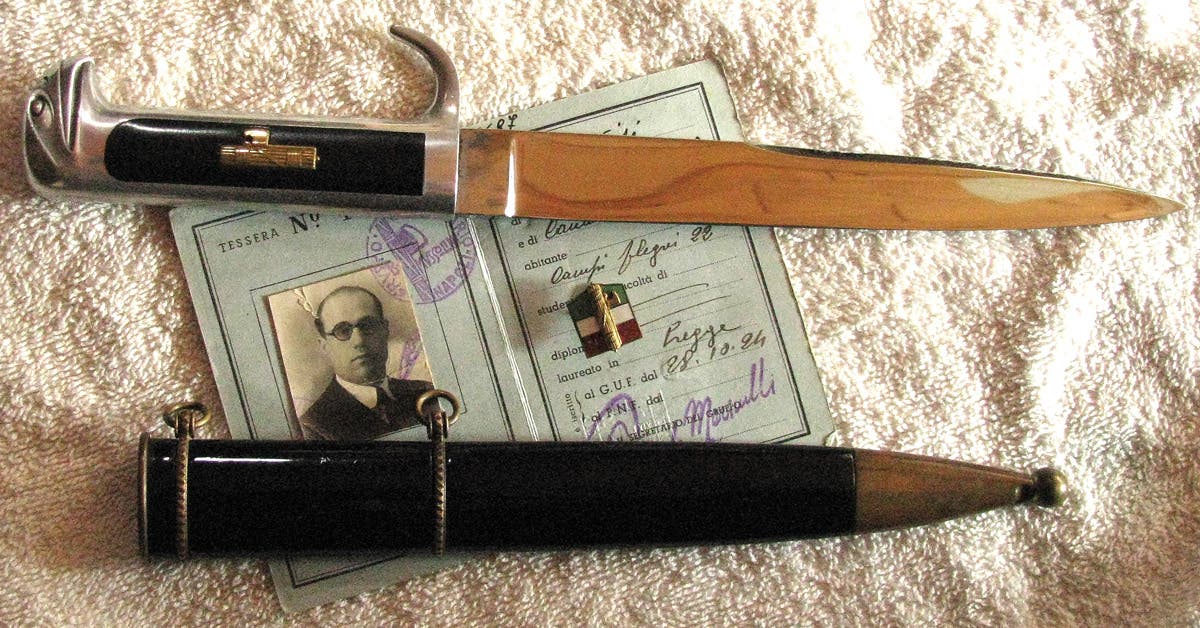Papers Please
By Bruce Kipp Prior to the Third Reich, there was no unified police force in Germany. Each constituent state (Land) had its own. After coming to power in January 1933,…
By Bruce Kipp
Prior to the Third Reich, there was no unified police force in Germany. Each constituent state (Land) had its own. After coming to power in January 1933, the National-Socialist regime wanted a national police force controlled by the central government. To accomplish this, they began to put their own officials in executive positions in each state’s police forces and began a slow purge of the ranks to eliminate so-called undesirable elements. From January 1934 onwards, various national decrees subordinated each Land Police force to the Reich Interior Ministry. This process culminated in June 1936, when Hitler appointed Reichsführer-SS Heinrich Himmler as Chief of German Police (Chef der Deutschen Polizei).
Within days, Himmler began to reorganize the newly unified German Police. One of his actions was to disband existing fraternal police associations and institute the national Fraternal Order of German Police Officials as the sole, authorized fraternal association. Nominally part of the National League of German Civil Servants (Kameradschaftsbund Deutscher Polizeibeamten), in actuality, it was almost exclusively controlled by the SS.
The Kameradschaftsbund had three main purposes: 1) As a beneficial association it maintained vacation homes and social and recreational facilities; 2) It looked after the general welfare of its members and their families by providing group life and health insurance; and 3) It assisted members in personal emergencies. From a political standpoint it carried out ideological indoctrination within the police force in cooperation with the SS. Finally, as a professional organization, it ran police skiing and mountaineering schools in Germany’s Alpine regions on behalf of the national uniformed police force (Ordnungspolizei).








